Ants outsmart humans in geometric puzzle-solving experiment
A Reddit thread on r/Damnthatsinteresting titled "Ants making a smart maneuver" has taken the internet by storm, amassing over 191,000 upvotes. The thread features a jaw-dropping video of ants cooperating to move a T-shaped object through narrow slits in a maze-like puzzle. The clip left viewers stunned as the ants exhibited problem-solving skills that seem almost strategic—including an awe-inspiring moment where they rotated the object to fit it through a tight passage.
This viral video wasn’t just a happy accident of nature. It’s part of a fascinating study published in the Proceedings of the National Academy of Sciences (PNAS). The researchers designed an experiment to compare how ants and humans solve an identical "piano-movers" geometric puzzle. The ants’ cooperative strategy turned out to outperform human teams under certain conditions, sparking heated debates and funny observations in the Reddit comments.
How the experiment worked
In the study, longhorn crazy ants (“Paratrechina longicornis”) were tasked with transporting a T-shaped object through three chambers connected by narrow slits. The object was treated with cat food and tuna, making it smell like a delectable piece of meat to the ants. Meanwhile, human participants, including individuals and groups, were given a larger-scale version of the same puzzle.
The ants relied on a combination of pheromone communication and force-based signals, effectively creating what scientists describe as "emergent collective intelligence." When one strategy didn’t work, the ants seemed to collectively pivot (pun intended) and try another approach—a trait commenters found both impressive and relatable. Humans, on the other hand, struggled more in groups when communication was restricted, often taking longer to achieve the same task.
Here's how the people did compared to the ants:
What makes ant teamwork special?
According to the PNAS paper, the ants’ success lies in their simplicity. Each individual ant has limited cognitive abilities, but when they work together, their collective decision-making allows for astonishingly effective problem-solving. Researchers observed that the ants exhibit persistence and short-term memory through their synchronized movements, which enable them to explore the maze systematically.
Humans, by contrast, have more complex individual cognition, but this complexity often hinders group performance. Without clear communication, human teams resorted to chaotic tug-of-war tactics rather than collaborating efficiently like the ants.
The internet weighs in
Redditors couldn’t help but admire this scientific marvel:
- u/Haloman1346-2: "I’m sitting here thinking ‘they’re just ants…’ until they spun the f***er around, and it blew my mind. Wonder if one of them was yelling ‘PIVOT! PIVOT! PIVOT!’ the whole time."
- u/JGuillou: "The human brain is just a collaboration between synapses. I like to see an ant colony as a single organism—their intelligence is probably distributed, like a human brain."
- u/Boomshank: "Whole subcultures have probably sprung up in their colony following the great cylindrical obelisk that appeared out of nowhere."
- u/Complex_Professor412: "There’s a generational religious ant war about which is the True Sandwich Cookie."
Many users marveled at the ants’ ability to remember and adapt, with one commenter comparing them to quantum computers. Another drew parallels between ant colonies and corporations: "It’s an emergent intelligence. None of the individual ants actually know what to do. It’s like parallel processing."
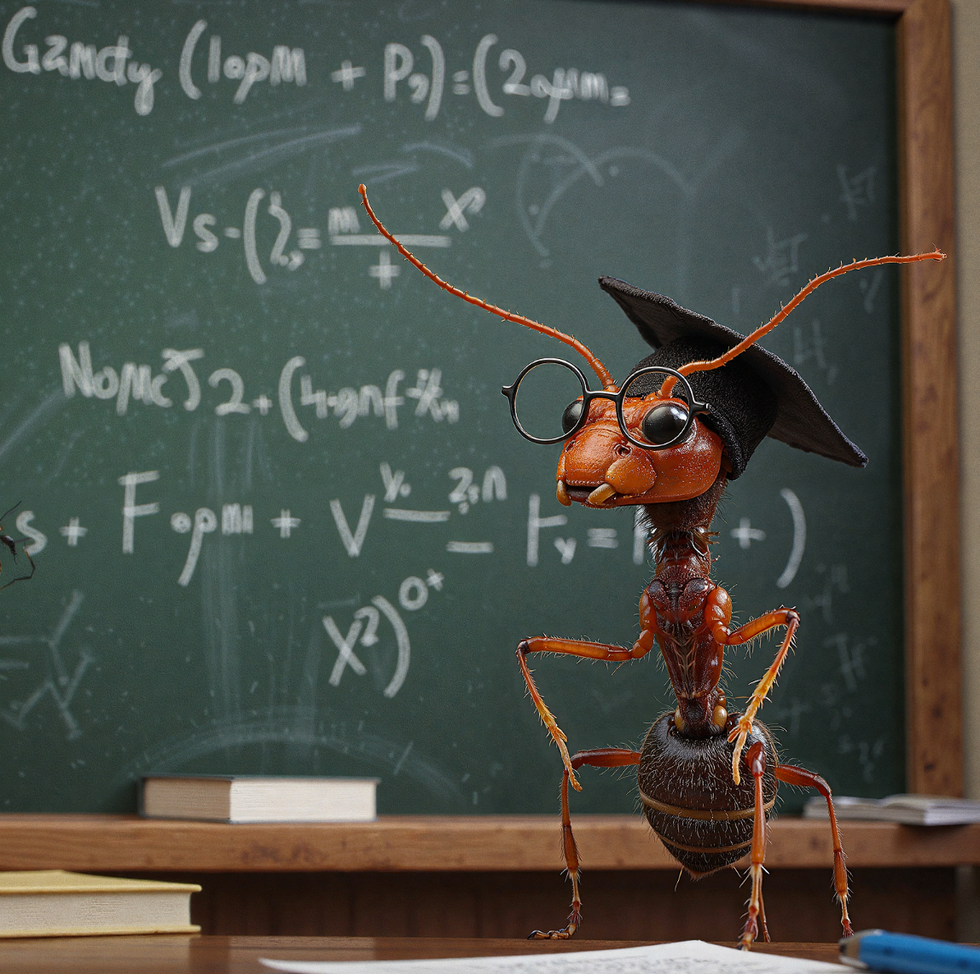
Other incredible examples of ant ingenuity
Ants have long fascinated scientists for their intricate social structures and problem-solving abilities. This video is just one example of their ingenuity. Such as:
Ants building bridges
Fire ant rafts
The PNAS study goes beyond viral fascination, shedding light on how "simple" organisms can perform complex tasks through collective intelligence. Whether it’s ants adapting to move a T-shaped puzzle or humans trying to replicate their success, the experiment highlights the stark differences—and surprising overlaps—in group problem-solving between species.
Some observers noted that if ants can achieve this level of coordination with just pheromones and vibes, it raises interesting questions about what humans could accomplish with better collaboration ourselves.
You can check out the full study here.





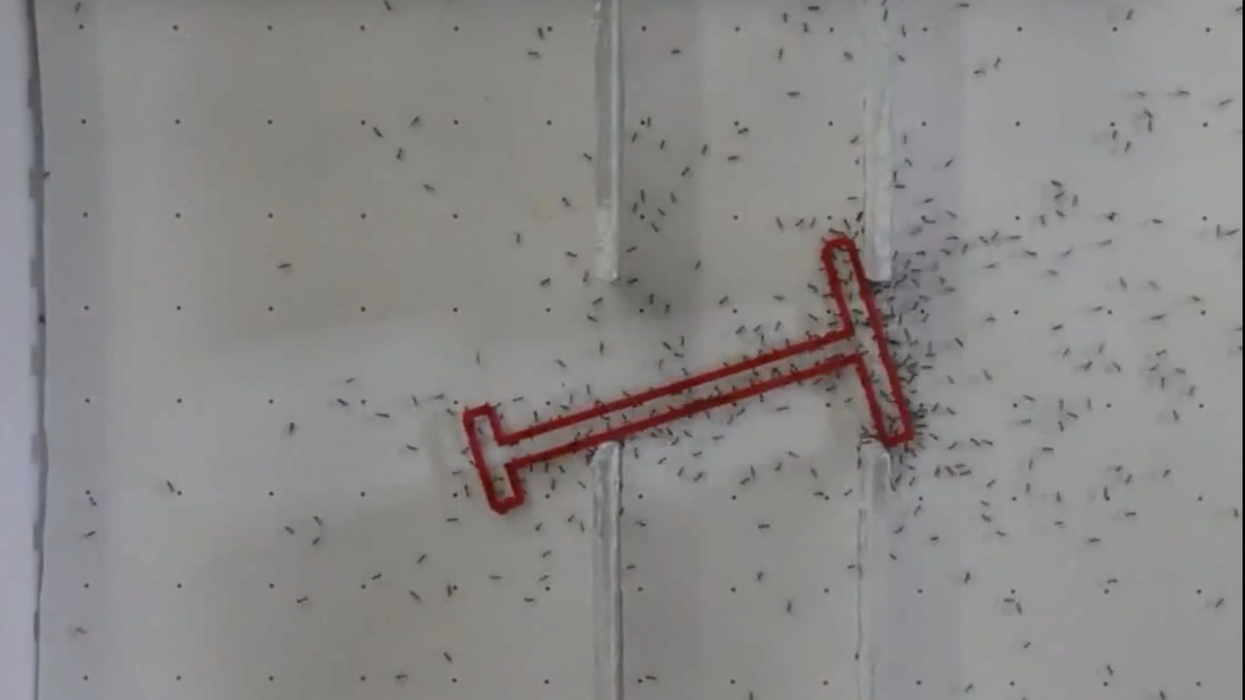






 It wasn't even February, so she wasn't expecting what came next.
It wasn't even February, so she wasn't expecting what came next.  The hug came first, the 'yes' took a few moments more.
The hug came first, the 'yes' took a few moments more. 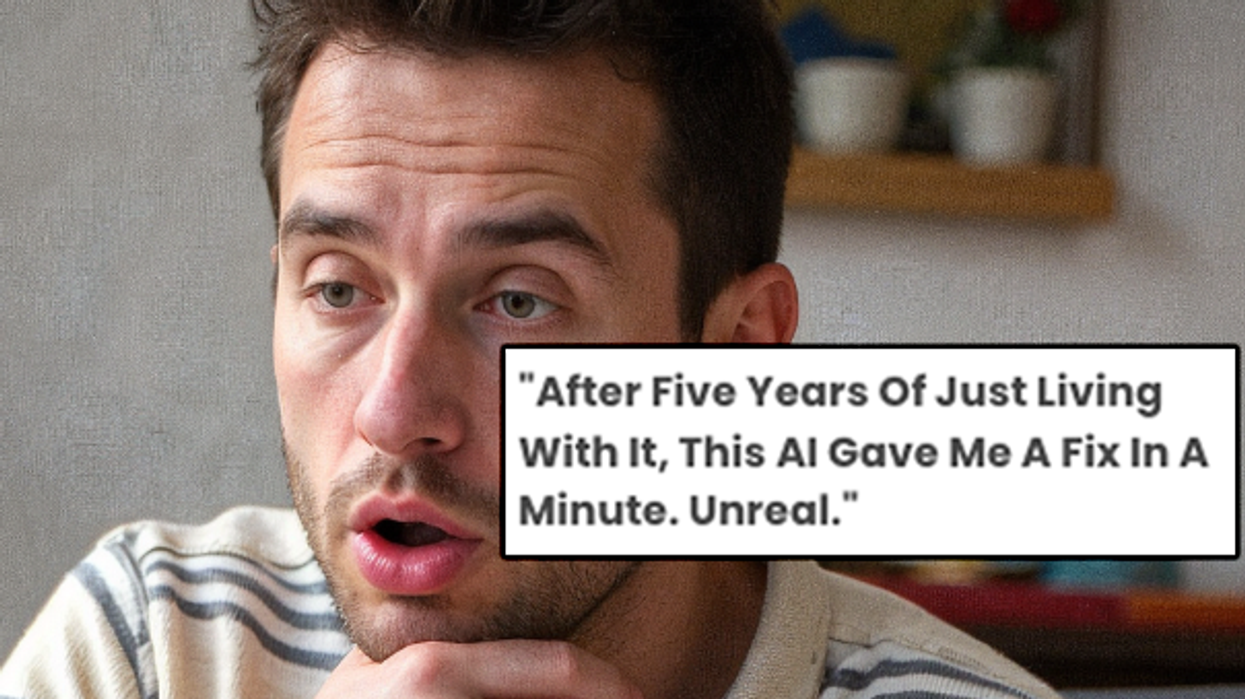



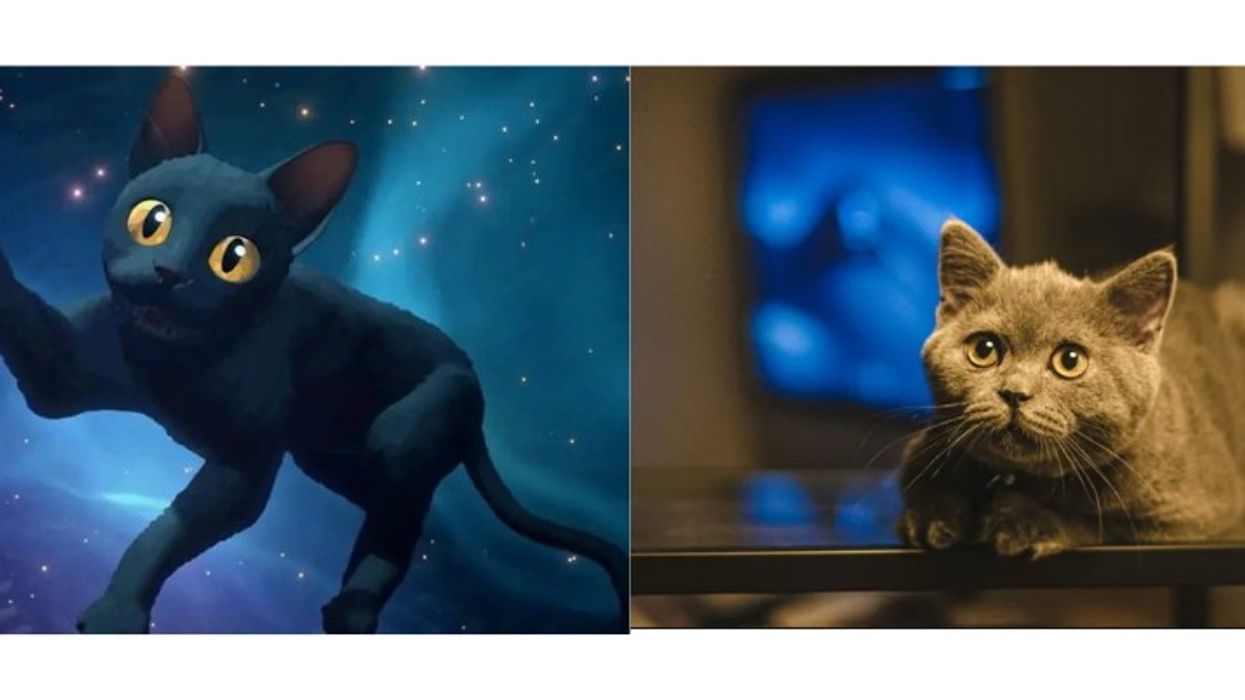
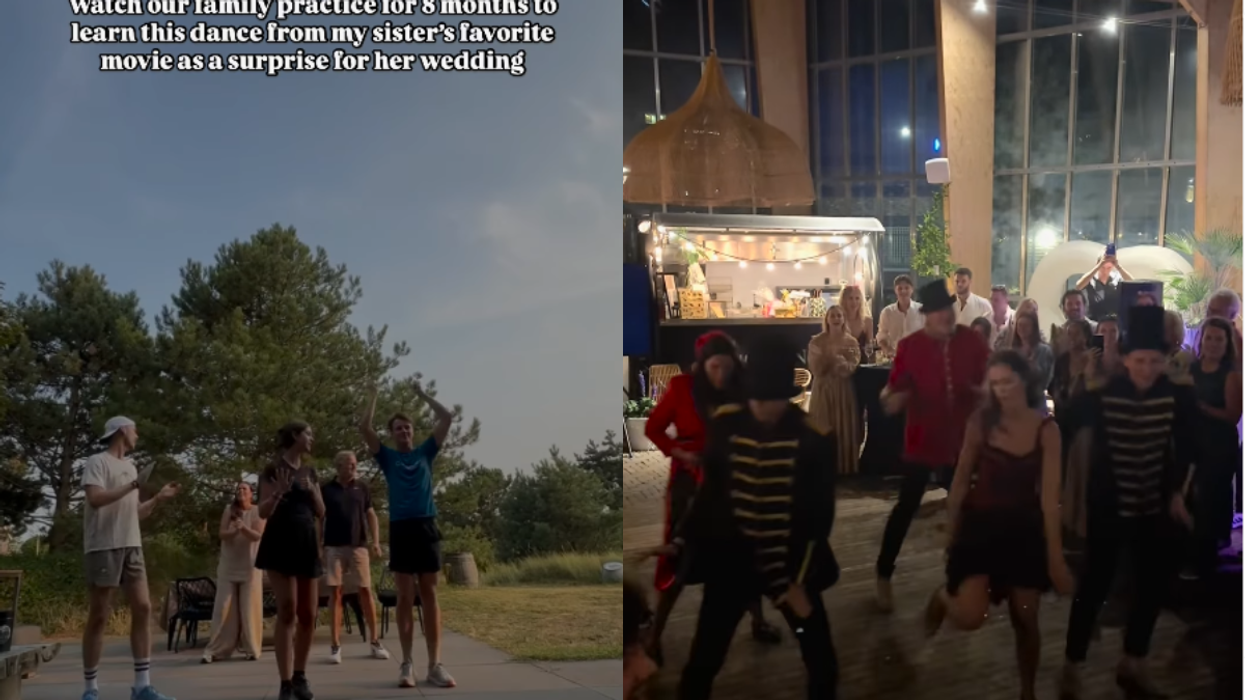

 Representative Image Source: Pexels | Oleksandr P
Representative Image Source: Pexels | Oleksandr P  Layout of the plane seatsImage Source: Mumsnet |
Layout of the plane seatsImage Source: Mumsnet | 



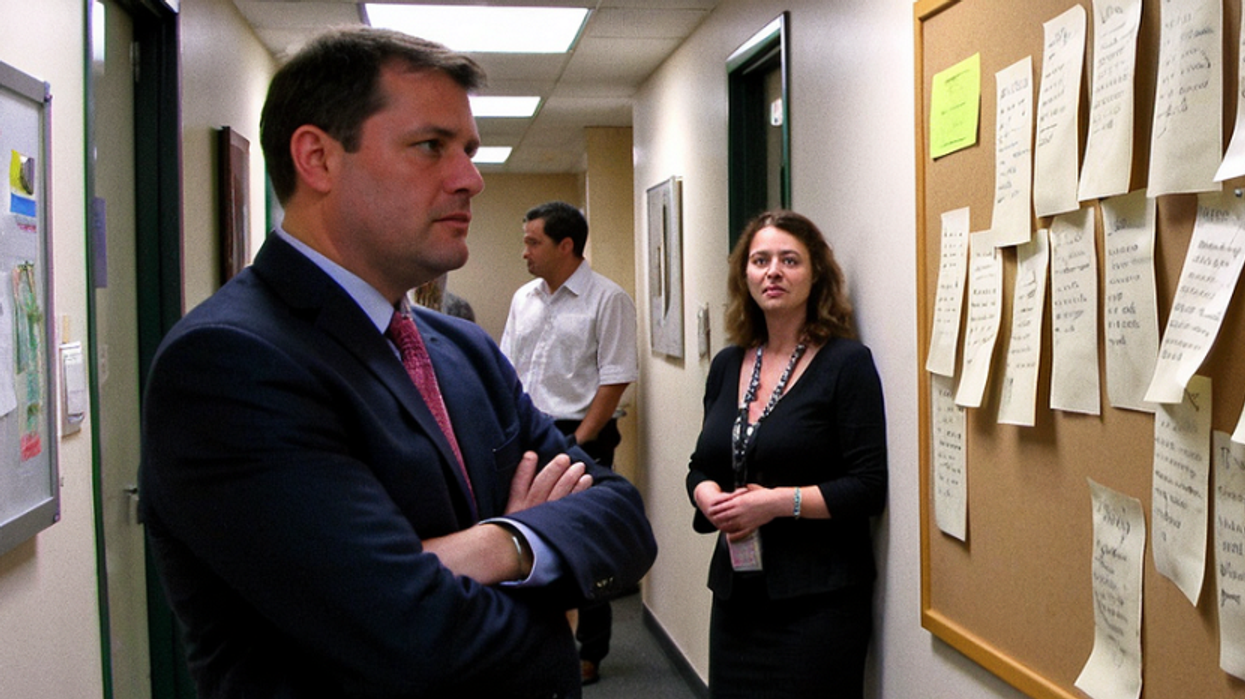
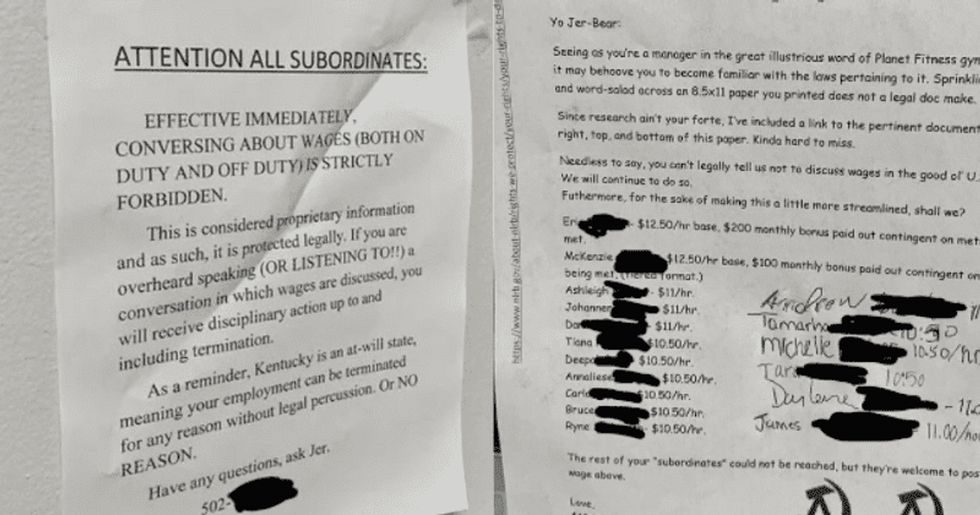 Image Source: Joshua Potash | Reddit
Image Source: Joshua Potash | Reddit 



 Representative photo by luis arias |
Representative photo by luis arias | 
 Representative photo by Jamie Lee |
Representative photo by Jamie Lee | 
